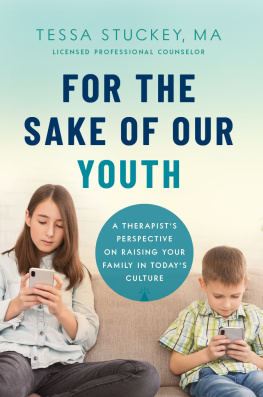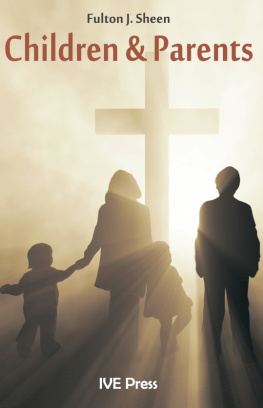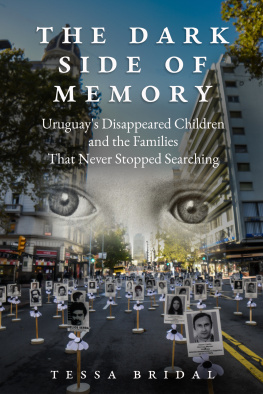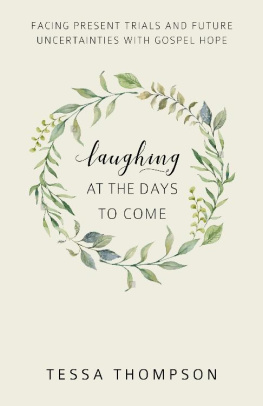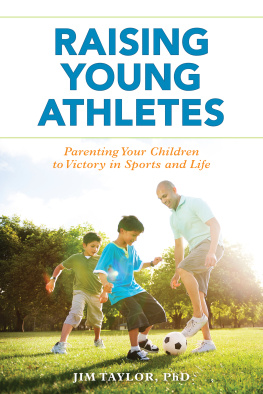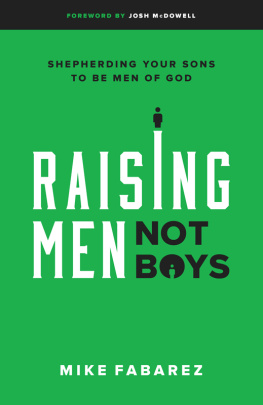
This book is intended as a reference volume only. It is sold with the understanding that the publisher and author are not engaged in rendering any professional services. The information given here is designed to help you make informed decisions. If you suspect that you have a problem that might require professional treatment or advice, you should seek competent help.
Published by River Grove Books
Austin, TX
www.rivergrovebooks.com
Copyright 2020 Tessa Stuckey
All rights reserved.
Thank you for purchasing an authorized edition of this book and for complying with copyright law. No part of this book may be reproduced, stored in a retrieval system, or transmitted by any means, electronic, mechanical, photocopying, recording, or otherwise, without written permission from the copyright holder.
Distributed by River Grove Books
Design and composition by Greenleaf Book Group and Kim Lance
Cover design by Greenleaf Book Group and Kim Lance
Publishers Cataloging-in-Publication data is available.
Print ISBN: 978-1-63299-287-1
eBook ISBN: 978-1-63299-288-8
First Edition
To my four boys:
Beau Grayson, Tripp Jameson, Heath River, and Jed August.
May you each feel safe, connected, and valued
as you take on this big world.
Contents
Preface
B eing the child of two therapists can make for an interesting upbringing. Hearing And how did that make you feel? regularly became an annoyance of mine by the age of 10. There were moments when I blamed my parents profession for uncomfortable situations and decided at a very young age that I didnt want to continue living in a therapeutic lifestyle. I longed to get as far away from the mental health field as possible but still held on to the desire to be a helper in this world. Its funny how life works sometimes.
Friends have always come to me for advice. I have never been sure what attracted them to me in that way, but it always made me feel needed and important, so I was comfortable taking on that role. I would talk them through their crushes or the fights they had with their parents. It was natural for me. I suppose growing up in a house with two psychologists may have had something to do with it; human behavior and mental health were common topics at the dinner table. I was taught to think through typical life situations by setting goals, analyzing, and reflecting on myself.
My calling
When I was a teenager, I didnt feel comfortable talking to my parents. Yep, thats right. Even therapists have teens who dont want to talk to them. Of my siblings, I was the toughest through those years. My independent, adventurous soul mixed with my curious and eager heart created quite the challenge for my parentsfrom sneaking out from a second-floor window to not showing any interest in school to rolling my eyes and asking Why!? through every lecture. I didnt want to hear what they had to say and convinced myself that they had no idea how hard my life was and didnt care. The anger and tension in my relationship with my parents bothered me. Was this inevitable? Was this just the natural parentteen relationship?
Through the most emotionally confusing season of ones life (the teenage years), I have found that this distance is, in fact, natural and inevitable. As parents, we want our kids to create some gradual distance; that is, we want a healthy distance that prepares them for being independent individuals in this big, scary world. However, many times, when the parentteenager relationship is filled with anger, tension, and hostility (as my relationship with my parents was), it is unhealthy. Unfortunately, this is extremely common.
As a parent, you can read all the parenting self-help books out there, but unless the advice in those books is realistic about the fact that parents are emotionally attached to their child, all the behavior plans and advice wont make a damn bit of difference. My parents found that to be very true when parenting three teenagers all at once. Here were two professional therapists who specialized in working with people and behaviors, and parenting, at times, still stumped them too.
I made it through those teenage years successfully, as did my parents, and I am now sitting on the other side. I am now a mom and a therapist. I have four young boys who teach me new, beautiful things about life every day, but they also drive me to my absolute worst at times. The emotions I experience as a mother are like nothing I have felt beforeimmense love and fear all at once. Its overwhelming.
Because of my job, I have become familiar with a lot of issues and warning signs that are very helpful to me as a mother. I hear parents complain about their teenagers and teenagers complain about their parents. One thing Ive learned that stands out is that parents today are more disconnected from their children than ever before. Our kids are growing up in a world that has become almost impossible for parents to relate to. The needs are the same. The emotions are the same. But the circumstances and influences are very different. Thats where I come in. My job has given me an amazing advantage. I get to sit with teenagers, who are currently growing up in this culture, and I listen to their thoughts and their struggles. I hear all of their secrets, their inner thoughts. I am connecting with todays youth, and it is helping me tremendously as a parent.
An epidemic
I had this vision and passion when I decided to become a therapist that I wanted to be a helper for the emotionally confused adolescents of this world. When I started working in private practice and building my clientele, they were mostly female adolescents. I desperately wanted to be their guide and provide a safe place through the toughest years of their life.
When I started, I felt extremely comfortable sitting with these adolescents. I used my own experience as a teen to relate to them, and I was confident that I could help them through school stressors, boyfriend and girlfriend drama, nagging parents, and emotional rollercoasters. But something hit me hard that I wasnt expectingsomething that I could not relate to even though I was once from their same hometown and went to the same high school and had strict and annoying parents and certainly dealt with my fair share of high school drama. They were thinking about suicide. Some had already attempted suicide. Every single one of my adolescent clients was experiencing suicidal ideation. I became extremely confused, scared, and unqualified.
I was hit hard, not because of suicidal ideation (I expected to face that as a therapist), but most of my clients with suicidal ideation didnt fit what I knew suicidal ideation to look or sound like. I studied suicide in graduate school. I was aware of common causes and how to work with suicidal clients. I had experience working with individuals struggling with suicidal thinking while interning, but this felt different.
These were seemingly normal, typical girls with all the typical teenage issues: boyfriend/girlfriend drama, dating, weed, sex, vaping, bad hair days, insecurities, arguing with mom, being labeled lazy, grades dropping, dads yellingall the things we all have heard for years and years and that most of us dealt with at that age as well. But the difference between these girls and me at that age was that their go-to answer was suicide. All of them were having suicidal ideation.
The more I listened, the quicker I realized that they didnt have any of those traditional suicidal root causes. Why did suicide seem like a viable solution to them? When I was in high schoolwhich wasnt
Next page
